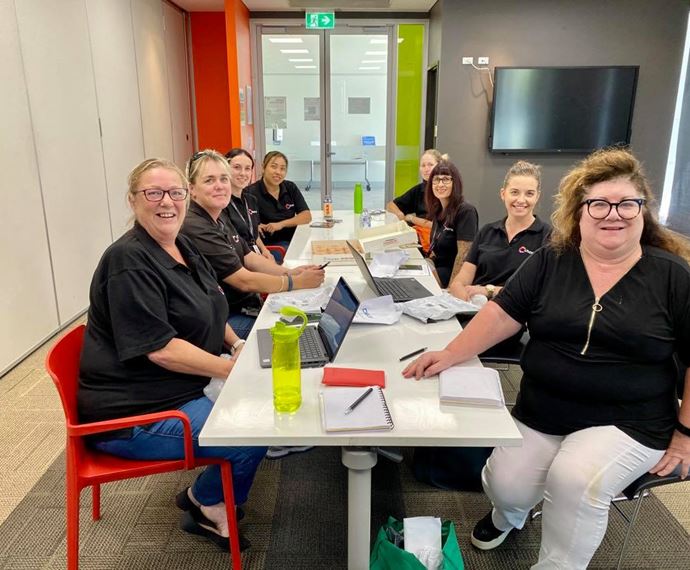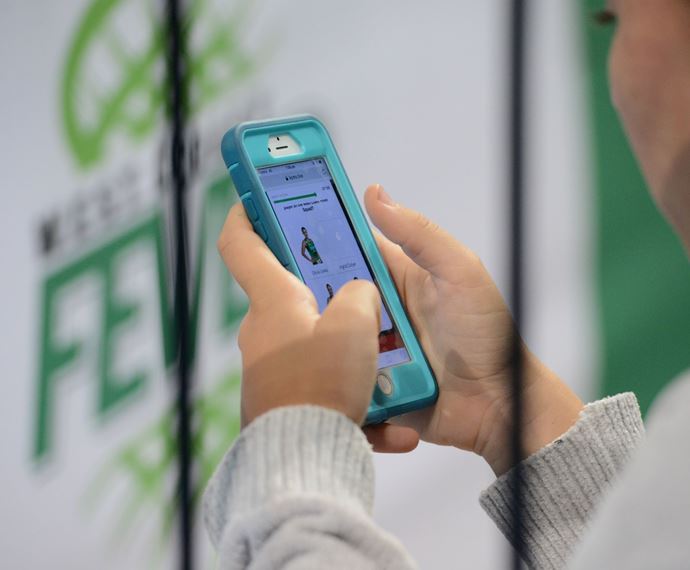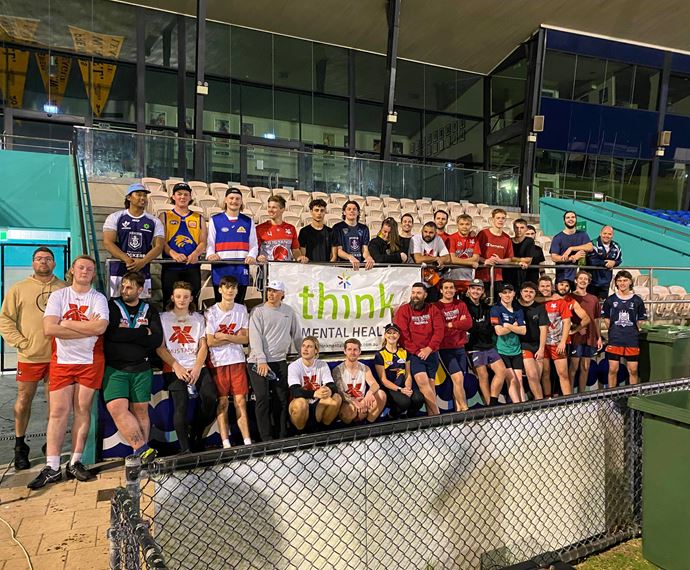Keeping more WA hearts beating
St John Ambulance WA Ltd is responsible for providing effective first aid training throughout Western Australia.
Commencing the provision of first aid training in 1892, St John Ambulance then assumed responsibility for the city’s ambulance service in 1922.
St John was a founding beneficiary when the Lotteries Commission made its first annual grant in 1933, establishing a long association between the two organisations. In particular, Lotterywest grants support the 114 sub-centres based in regional areas, which continue to be delivered by a team of dedicated, well-trained volunteers.
The Heart Grant Program addresses the time-critical response for cardiac arrest victims by providing more than 1000 automated external defibrillators (AED) to sporting clubs and community groups across the State. Through this program, the public would have increased access to the AEDs needed to save lives and improve medical outcomes for victims.
To increase the chance of patient survival following cardiac arrest through community access to CPR training and defibrillators.
St John Ambulance Western Australia Ltd.
1/1/2018
$2,241,126
Lotterywest
$1,375,586
State-wide
General Community
- Roll out of 1001 automated external defibrillators to sporting clubs and community groups across the State, with 40% going to regional areas.
- Thirteen Aboriginal organisations received a co-contribution subsidy to enable them to participate free of charge.
- Building organisational capacity through improved access to equipment as well as access to training in first aid delivery.
- Combining the roll out of AEDs with the St John Community First Responder System, multiplying the impact of the grant.
- Providing additional support to Aboriginal organisations, further reducing barriers to participation.
- Logisitcal difficulties were experienced due to the volume of demand and under-resourcing of the supply, delivery and installation of AEDs.
- The roll-out wasn't coordinated geographically, causing delays and diluting the impact of the marketing campaign.
Opportunity
Cardiac arrest has a variety of cardiac and non-cardiac causes which result in the heart function stopping and consequently halting blood flow through the cardiovascular system [1].
Research shows that in Australia, only one out of 12 people will survive an out of hospital cardiac arrest, and the chances of survival decrease by 10 percent each minute that goes by without interventions to maintain blood flow to the brain and restart the heart [2].
Bystander CPR performed within the first seven minutes following a cardiac arrest is thought to be crucial in determining patient outcomes [3]. Increasing community access to CPR training and providing defibrillators for immediate treatment of cardiac arrest greatly improves the chance of patient survival.
Approach
The Heart Grant Program provides AEDs to not-for-profit sporting or community groups around the State for $249 (12.5 percent of the retail price of $2,000). A condition of the grant was that the AED be placed in an area where it is available to the public in an emergency 24/7.
Along with the AED, grant recipients were also provided with a St John safe assessment to evaluate their preparedness to provide rapid and effective first aid when needed. This included understanding the first aid training skill level in the group, the equipment on hand, readiness, facility set up, and the effectiveness and integration of emergency action plans. St John then created a bespoke first aid training and services package to prepare the organisation for a medical emergency with the organisation receiving a $300 voucher towards the cost of a recommended first aid training program.
Impacts and outcomes
The program was able to roll out AEDs to 1001 not-for-profit organisations around the state with 40% of the devices going to regional areas and 1,000 assessments conducted.
Thirteen Aboriginal organisations received a $249 co-contribution subsidy provided by St John, enabling them to participate in the initiative free of charge.
By the end of 2021, St John documented six cases of cardiac arrest where the use of the grant funded AEDs resulted in positive outcomes. One example was a 60-year-old man who collapsed while playing hockey at a coastal recreation centre. He was unresponsive, with a loss of consciousness and breathing but after receiving care at the scene, including an electric pulse from the nearby defibrillator, he was taken to Sir Charles Gairdner Hospital where he recovered due to the quick responses from bystanders.
“We hope we never need to use it, but we’re so grateful to have the peace of mind that it’s there if we ever do need it”
Grant partner
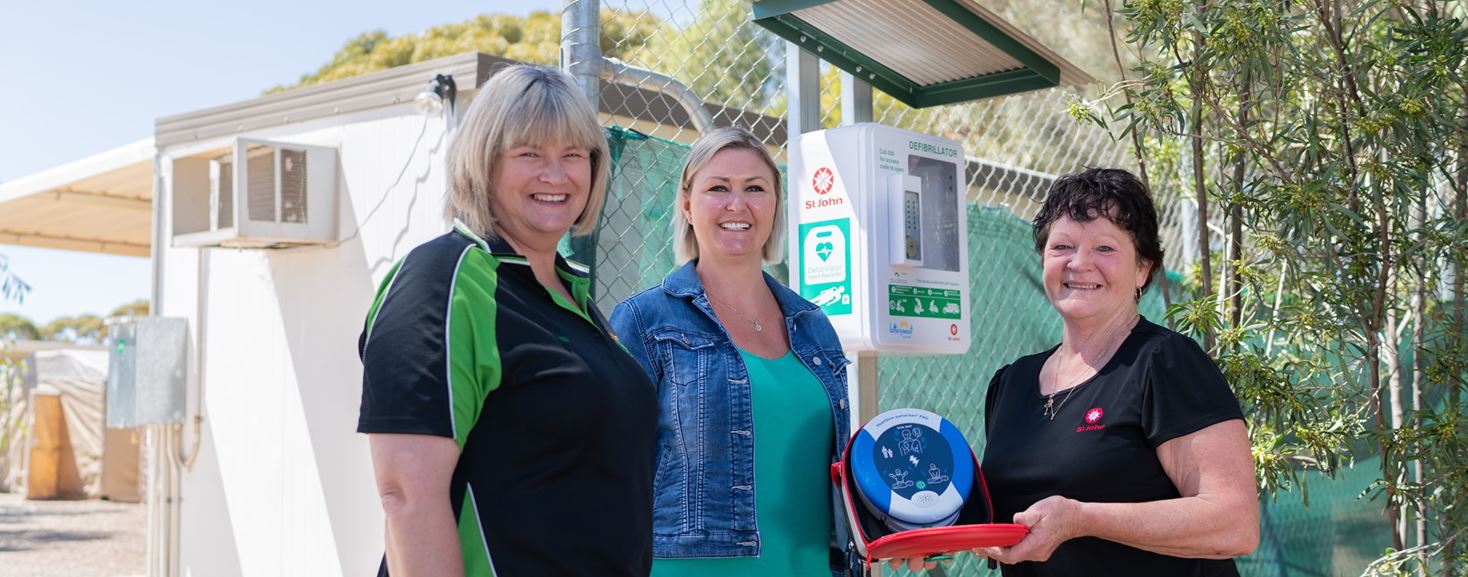
What worked
Combining equipment and training
An important component of the initiative was to build organisational capacity both through improved access to equipment as well as access to training in first aid delivery. Participants in the grant initiative told St John that the training had given them increased confidence to respond appropriately in the event of a first aid emergency.
Multiplying the impact
The design of the program ensures that the benefit of the defibrillators is felt beyond the grant partner’s organisation. AEDs rolled out under the program form part of the St John Community First Responder System. This means that when someone calls 000 to request an ambulance for a cardiac arrest, an ambulance is dispatched, then a first responder can be directed to the incident or the caller can be notified of a nearby AED and given access to the lockbox containing the defibrillator. The network has increased to 7,000 locations around the State following the implementation of this grant.
Key challenges
Logistical issues with supply and delivery
Initial logistical difficulties were experienced due to the volume of demand and under-resourcing of the supply, delivery and installation of the AEDs. A questionnaire was designed to better manage customer interactions and clear instructions provided to enable the customer to carry out a self-assessment based on their first aid capability. Staff were also trained to provide guidance over the phone.
Targeted geographical roll-out
St John determined that a staggered roll out of the program by geographical area might have enabled these issues to be resolved earlier and with greater customer satisfaction. This would also have enabled a more location-based, rather than state-wide, marketing campaign.
REFERENCES
- Myat, A., Song, K.-J., & Rea, T. (2018). Out-of-hospital cardiac arrest: current concepts. The Lancet (British edition), 391(10124), 970-979. https://doi.org/10.1016/S0140-6736(18)30472-0
- Naccarella, L., Saxton, D., Lugg, E., & Marley, J. (2021). It takes a community to save a life in cardiac arrest: Heart safe community pilots, Australia. Health Promotion Journal of Australia. https://doi.org/https://doi.org/10.1002/hpja.482
- Breckwoldt, J., Schloesser, S., & Arntz, H.-R. (2009). Perceptions of collapse and assessment of cardiac arrest by bystanders of out-of-hospital cardiac arrest (OOHCA). Resuscitation, 80(10), 1108-1113. https://doi.org/10.1016/j.resuscitation.2009.06.028
Learn about wellbeing
Understand how your community is going to help you to better target and plan your project.
Ready to plan your project?
Understand your vision, plan your impact and report on the outcomes of your project with three easy interactive tools in the Community Impact Planner.
Acknowledgement of Country
The Western Australian Community Impact Hub acknowledges and pays respect to the Traditional Owners of the land on which we are based, the Whadjuk people of the Noongar Nation and extends that respect to all the Traditional Owners and Elders of this country. We recognise the significant importance of their cultural heritage, values and beliefs and how these contribute to the positive health and wellbeing of the whole community.
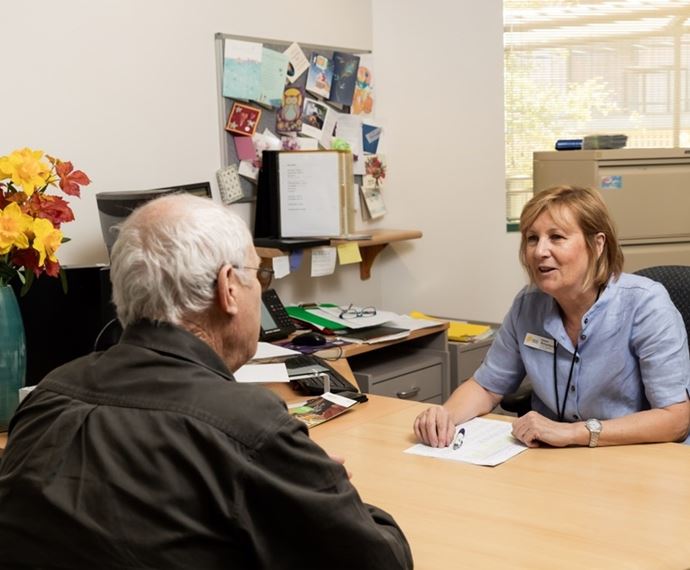

![Bob Blackburn[1]](/media/hqiankcf/bob_blackburn-1.jpg?anchor=center&mode=crop&width=690&height=570&rnd=133045321363600000&quality=80)
